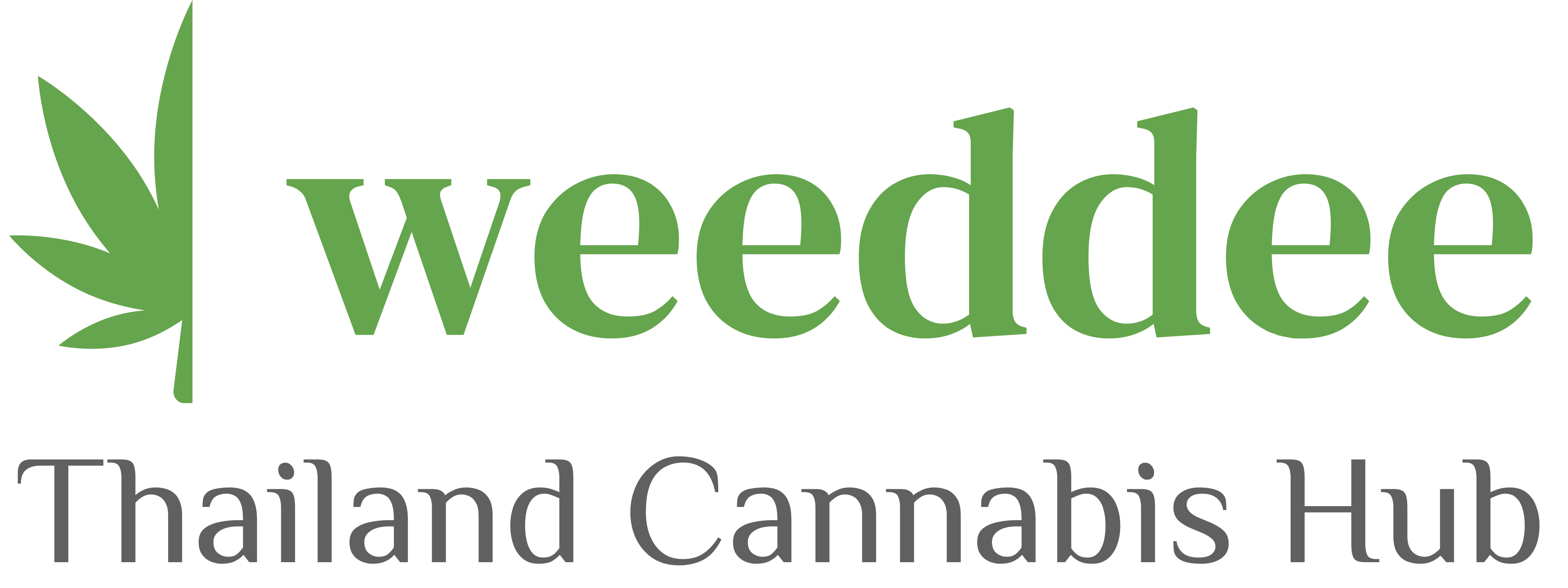Understanding Cannabis Concentrates in Thailand
Navigating the Complex Landscape of Cannabis in Thailand
Thailand, once known for its strict drug policies, has undergone a significant transformation in its approach to cannabis. Since the decriminalization of cannabis in 2022, the country has seen a surge in the cannabis industry, including the proliferation of cannabis concentrates and oil products. Here’s a detailed guide to help you understand the current state of Thai marijuana extracts and cannabis oil products.
Historical Context and Legal Framework
Thailand’s journey towards cannabis legalization began with the amendment to the 1979 Narcotics Act in 2019, allowing for limited medical use of cannabis. This was followed by a more significant milestone on June 9, 2022, when cannabis and hemp were removed from the Category 5 narcotics list, effectively decriminalizing them.
However, the current legal landscape is complex. The Thai government has proposed a new bill to regulate the cannabis industry, focusing on medical and health uses while imposing stricter controls on recreational use. This bill includes fines and punishments for non-compliant activities, such as selling or consuming cannabis for unauthorized purposes.
Types of Cannabis Concentrates and Oil Products
Cannabis concentrates and oil products are widely available in Thailand, but their legality and regulation vary.
CBD and THC Content
Cannabis extracts with less than 0.2% THC by weight are not classified as narcotics and are available for medical use. However, extracts containing more than 0.2% THC are still regulated under the Narcotics Act and require official permission for medical purposes.
Medical and Health Uses
The new draft bill emphasizes the use of cannabis for medical treatment and research by state agencies. It also allows for the use of cannabis in herbal, food, and cosmetic products, provided they adhere to the THC limits.
Recreational Use
Despite the decriminalization, recreational use of cannabis is not explicitly allowed. Public smoking or vaping can result in fines of up to 25,000 baht and three months in prison under the 1992 Public Health Act.
Compliance and Licensing
The proposed bill introduces stricter licensing rules for cannabis planting, sales, exports, and imports. Current growers, suppliers, and related businesses must obtain new licenses or permits to avoid hefty fines and jail terms.
Registration and Permits
Individuals interested in cultivating cannabis must undergo a formal registration process. Activities such as research, export, sale, or commercial processing of cannabis require official permits.
Challenges and Implications
The lack of specific regulations has led to a proliferation of unlicensed dispensaries and products exceeding the legal THC limits. This has created compliance challenges for both businesses and consumers.
Public Feedback and Regulatory Changes
The public and industry stakeholders have until September 30 to submit feedback on the proposed bill. The ministry may make changes before submitting the legislation to the cabinet and then to Parliament for approval.
Impact on Tourists
For tourists, the situation is particularly complex. While it is still legal to carry marijuana within Thailand, public use is restricted, and products containing more than 0.2% THC are illegal. Tourists are also warned against transporting cannabis products across borders, as neighboring countries still consider cannabis a narcotic.
Real-World Examples and Case Studies
The impact of the current regulations can be seen in various aspects of Thai society.
Economic Impact
The cannabis industry in Thailand has grown significantly since decriminalization, with the market valued at 28 billion Thai baht (€728 million) in the first year and projected to reach 336 billion baht (€8.7 billion) by 2030.
Social and Health Implications
The lack of strict regulations has led to concerns about addiction and public health. The new bill aims to address these issues by restricting cannabis use to medical purposes and enforcing stricter controls on the industry.
Finding Reliable Cannabis Concentrates and Oil Products
Given the regulatory complexities, it is crucial to find reliable and compliant sources for cannabis concentrates and oil products.
Licensed Dispensaries
Look for dispensaries that are licensed and comply with the current regulations. You can find a list of licensed dispensaries on platforms like Thai Weeddee, which provides a directory of compliant cannabis shops in Thailand.
Product Labeling
Ensure that the products you purchase have clear labeling indicating their THC content. Products with less than 0.2% THC are generally safer and compliant with current laws.
Conclusion and Future Outlook
Thailand’s cannabis industry is at a crossroads, balancing between promoting responsible use and ensuring effective regulatory control. As the new bill is finalized and implemented, it is essential for both locals and tourists to stay informed about the changing legal landscape.
For those interested in exploring Thai marijuana extracts and cannabis oil products, it is crucial to stay updated on the latest regulations and to purchase from licensed and compliant sources. You can find more information and resources on our website, including guides on how to find the best cannabis dispensaries in Thailand and Thailand’s cannabis laws.
As Thailand continues to navigate this evolving industry, staying informed and compliant will be key to enjoying the benefits of cannabis while respecting the law. For the latest updates and to find reliable cannabis shops, visit Thai Weeddee.



